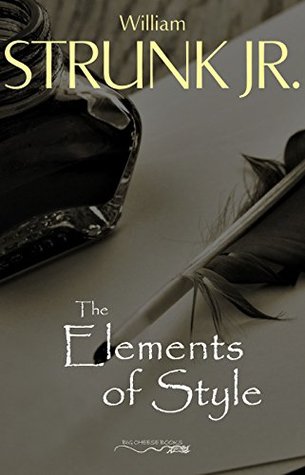Note that if the second clause is preceded by an adverb, such as accordingly, besides, then, therefore, or thus, and not by a conjunction, the semicolon is still required. Two exceptions to the rule may be admitted. If the clauses are very short, and are alike in form, a comma is usually permissible: Man proposes, God disposes. The gate swung apart, the bridge fell, the portcullis was drawn up.
Welcome back. Just a moment while we sign you in to your Goodreads account.


